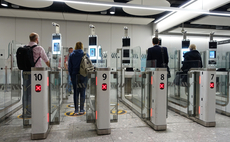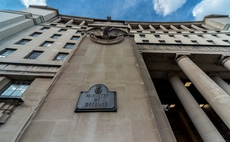Move aims to block access to violent videos and would also encompass some types of pornography
The government wants to block access to ‘extremist' material online in order to prevent what it calls the ‘radicalisation' of young men. Home Office officials are in talks with web firms to disc...
To continue reading this article...
Join Computing
- Unlimited access to real-time news, analysis and opinion from the technology industry
- Receive important and breaking news in our daily newsletter
- Be the first to hear about our events and awards programmes
- Join live member only interviews with IT leaders at the ‘IT Lounge’; your chance to ask your burning tech questions and have them answered
- Access to the Computing Delta hub providing market intelligence and research
- Receive our members-only newsletter with exclusive opinion pieces from senior IT Leaders






















